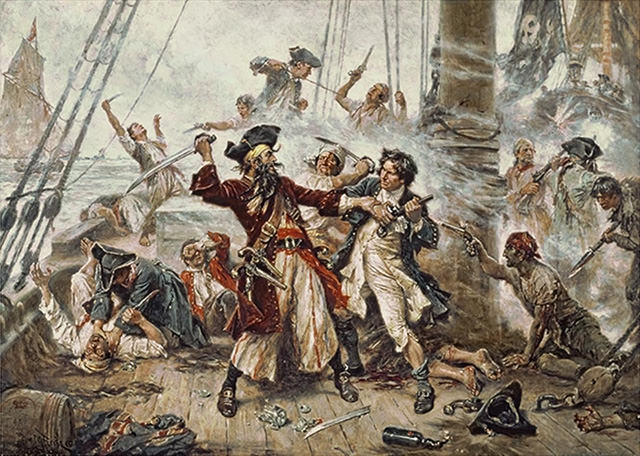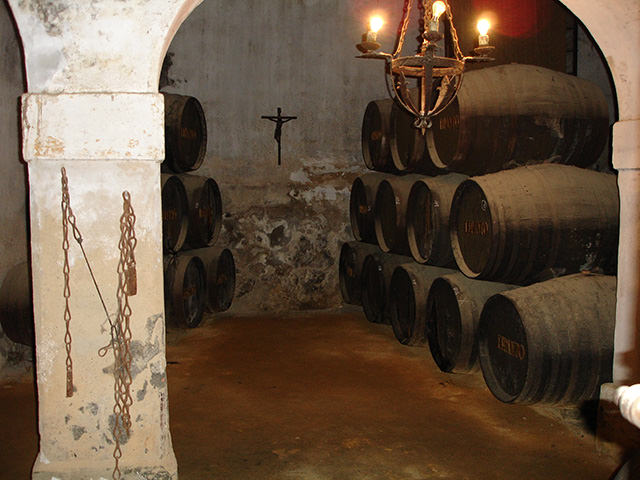Imagine your workday as follows. You arrive in the morning sit at your desk and at 11.30 your boss rings a bell and all your colleagues get in line. Your boss takes a large three-liter bottle of extra strong rum and tells the office manager that it’s almost empty and that it’s time to order a new one. Your boss then proceeds to fill up everyone’s coffee mug to the brim with rum. Once everyone’s personal cup is filled, the workday resumes.
This would be an odd custom to say the least. Some people might like it. Most people would probably deem it irresponsible, as it would affect productivity among other things.
Yet until the 1970’s, receiving a daily ration of rum was the most common of things in the British Royal Navy. The analogy above is a little crude but it makes you wonder how any institution could work effectively if it doles out rum to its people daily. Nonetheless, for some 200 years the British navy ruled the seas by giving its men rum everyday.
However, it didn’t start with rum. Until the 17th century the British navy gave every sailor a gallon or eight pints of beer per day. Water wasn’t drinkable and spoiled far to easily. Beer on the other hand was safe to drink and kept long. Sometimes when beer wasn’t available the wine or brandy was used.
When the British Empire expanded to more tropical climates, the ships and subsequently the crews got bigger. Beer wasn’t an option anymore. It would spoil quickly in hot climates and the amount of beer that was needed for the crews was too large to take aboard. The Caribbean provided an alternative. Rum didn’t spoil at all and since it was a lot stronger it wasn’t necessary to hand out as much of it as beer. Yet the amount of rum handed out was still half a pint of extremely strong rum, twice a day. Sailors tested the strength of the rum to see if it was “proof” by pouring it on gunpowder and lighting it. It would only burn if the rum’s strength was at least 57,15%. If it didn’t light, sailors would complain the rum was watered down.
It didn’t take long before problems due to drunkenness arose and the admiralty had to find a solution. In 1740 Admiral Edward Vernon, known amongst his sailors as “Old Grogram” came up with the solution. Two pints of water were to be added to every half pint of rum, this unpopular concoction was subsequently called grog. Citrus juice was usually added to improve the appalling flavor of the drinking water. Although the citrus prevented scurvy and gave the British the nickname “limeys”, it didn’t stop drunkenness on board and throughout history rations were shortened till it reached an eighth of a pint per day in 1950. The custom was completely disbanded on January 28th 1970 when the British government decided that men handling extremely sophisticated instruments and weaponry shouldn’t receive any alcohol whatsoever. An unpopular yet smart decision which would probably have been made a lot earlier if it wasn’t for the Brits and their love of tradition.
It’s surprising how much the average British sailor must have or could have drank daily. But then again if you imagine the conditions on an 18th century ship, you’d like a daily dose of rum too.
Cheers.
[Article by Alexander Eeckhout]



 0
0